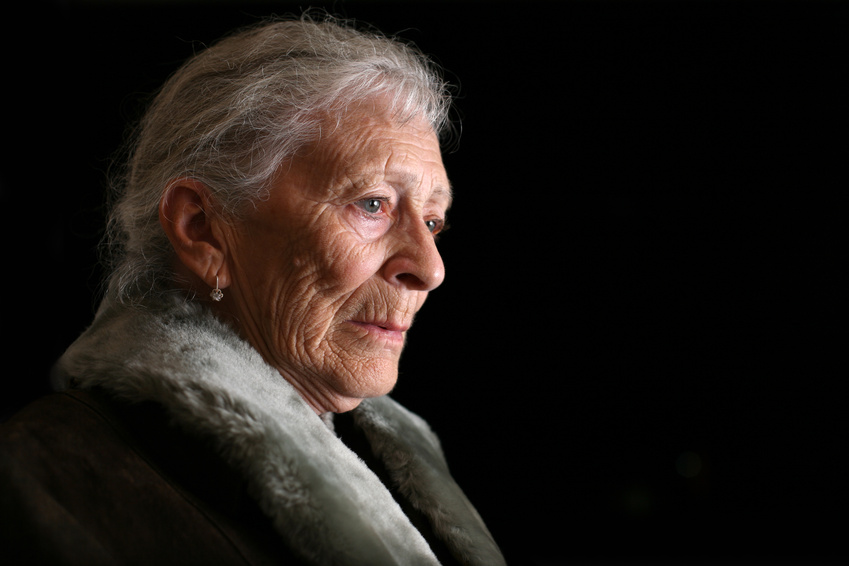Tag: Elder Law

Maybe it’s the son-in-law you’ve never really liked, let alone trusted, who wields undue influence over your daughter. Or the ex-spouse who continues to make trouble seven years after your divorce. Or the son whose irresponsibility and self-destructive behavior forced you to disinherit him. What is a Letter of Competency? If you have reason to […]

Last time, we looked at the causes and symptoms of dementia. Now, let’s take a closer look at Alzheimer’s disease. The Causes and Symptoms of Alzheimer’s Disease Alzheimer’s disease stems from a protein, called beta-amyloid, building up in the brain between nerve cells to from what are known as plaques. There is another protein, called […]

Many people think that Alzheimer’s disease and dementia are interchangeable terms for the same medical condition. This is not the case. Dementia is an umbrella term that encompasses a variety of conditions associated with memory loss. Alzheimer’s disease, on the other hand, is a specific type of dementia. Let’s look at some of the similarities and […]

You’ve no doubt heard about assisted living and nursing home care, but there are many other long-term care options available. An article by U.S. News & World Report provides an introduction to the types of care now available. You can read the full article here. Adult Day Care Adult day care offers relief to family caregivers […]

According to the American Humane Society, approximately 46 percent of households have at least one dog and 39 percent of households have at least one cat. We love our pets, and they provide us with plenty of love in return. Tragically, however, shelters and veterinarians euthanize approximately 500,000 pets each year when their owners predecease them. […]

Alzheimer’s and other neurodegenerative diseases can make even basic tasks extraordinarily difficult. Designer Sha Yao saw this firsthand when her grandmother was diagnosed with Alzheimer’s disease. In response, she created Eatwell, a seven-piece tableware set. It features bright, primary colors, which Yao chose based on a Boston University study that showed individuals with cognitive impairment consumed 84 percent […]

Serving as a caregiver may require you to oversee your loved one’s legal affairs. A recent article on AARP’s website addressed this issue and included a legal checklist for Caregivers. Here are the highlights. Obtain Essential Legal Documents Your loved one should have the following key legal documents: a Will, a Power of Attorney, and Advance […]

“The Tax Cuts and Jobs Act raised the federal estate tax exemption considerably. Before the tax reform law, it was $5.49 million per person for 2017. It’s up to $11.7 million for 2021 ($23.4 million for a married couple).” For the moment, fewer Americans are concerned about the federal estate tax. However, if your goal […]

“Each type of retirement benefit has a different eligibility age. Your age plays a big role in how much you can expect to receive from Social Security and what you need to do to avoid retirement account penalties.” Just as there are many types of retirement benefits, there are many dates to keep in mind […]

“Due to the debilitating nature of Alzheimer’s and related forms of dementia on your loved one’s ability to make sound financial decisions, the sooner you can get financial matters in order the better.” If a loved one has been diagnosed with Alzheimer’s disease or any other form of dementia, it is necessary to address legal […]










